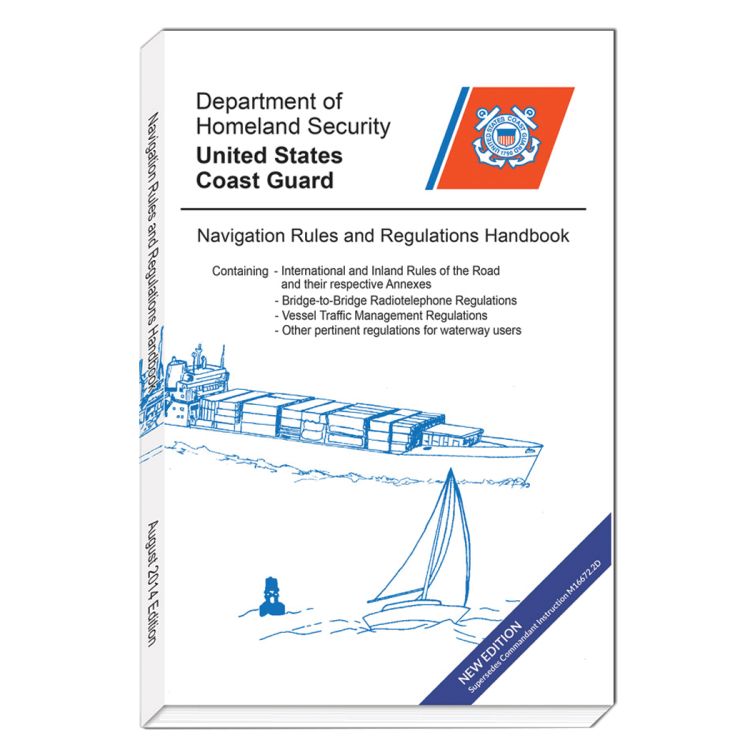what_barnacles
Guru
but this book has to be on board if your longer than 39 feet?

https://www.fisheriessupply.com/nau...-international-and-inland-2014-edition-par076
While everyone must follow the Rules of the Road, vessels equal to, or longer than, 12 meters (39.4 ft) are required to carry a copy of the Navigation Rules and Regulations Handbook onboard.
Most importantly, that copy must be "complete", that is, include the most recent updates.
This book is an exact reprint of International and Inland Navigation Rules text. It includes the most current information available on the regulations in effect. Includes color illustrations where needed.
As of this writing, the current edition is the August 2014 edition (LNM 46-14/NTM 48-14; Nov. 22nd 2014).
This identification information is located on the front cover, as well as on the first page.
2014, PB, 202 pages.
https://www.fisheriessupply.com/nau...-international-and-inland-2014-edition-par076
